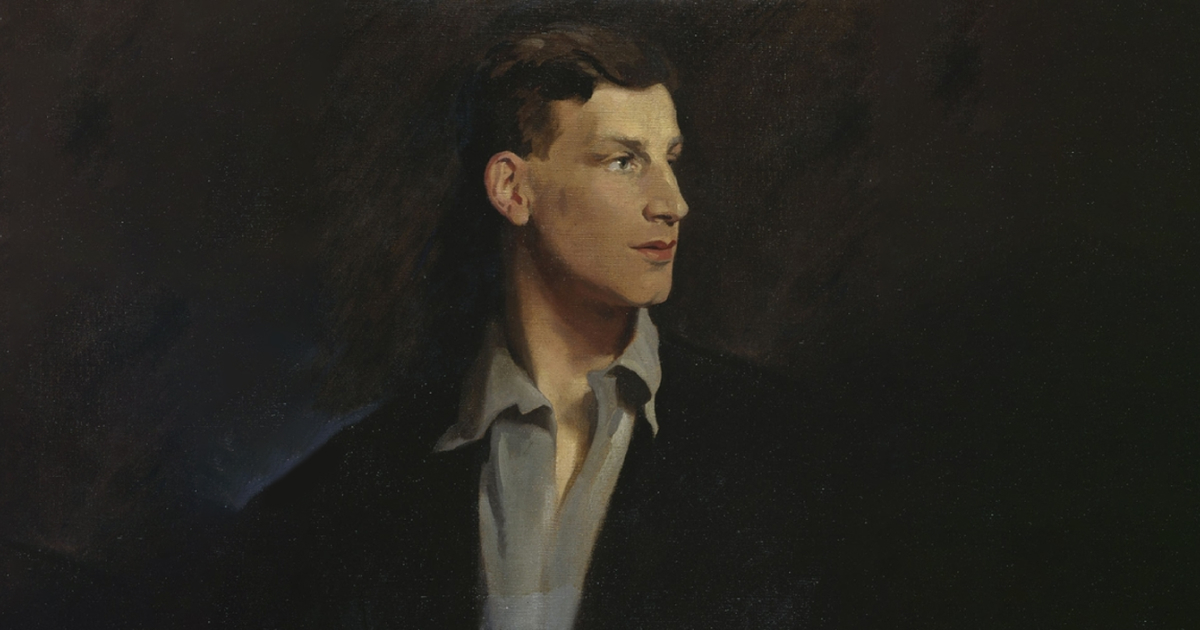This week the Vatican appears to be renewing its efforts to remain onside with the Chinese authorities.
Two top officials are poised to speak at a presentation on 20 June at Rome's Pontifical Urban University about a key figure in the development of the Catholic Church in China, and which will commemorate the 1924 Council of Shanghai that was a key event in building diplomatic relations between the Vatican and mainland China.
Vatican Secretary of State Italian Cardinal Pietro Parolin will head a presentation on the book Cardinal Celso Costantini and China – A Builder of a Bridge between East and West, written by Monsignor Bruno Fabio Pighin, a historian in the postulation of Costantini’s cause of beatification and canonisation.
Costantini served as the Vatican’s apostolic delegate to China from 1922 until his departure in 1933. He had a key role in convoking the 1924 Council of Shanghai, which marked an unprecedented coming together of top officials from the Vatican and mainland China.
Among other things, the Council stressed the need for the church in China to distance itself from foreign powers and for the faith to be authentically enculturated into Chinese culture and tradition. As a result of the Council’s insistence on the need to facilitate an indigenous clergy and episcopate, the first six native Chinese bishops were ordained in Rome in 1926.
RELATED: Recent discoveries highlight important role indigenous music played in Jesuits’ famous missionary zeal
Also slated to speak at the event are Bishop Juan Ignacio Arrieta, Secretary for the Dicastery for Legislative Texts, and Archbishop Fortunatus Nwachukwu, secretary of the section for First Evangelisation and New Particular Churches of the Dicastery for Evangelisation.
Bishop Giuseppe Pellegrini of Concordia-Pordenone, Costantini’s native diocese, and Professor Vincenzo Buonomo, rector of the Pontifical Urban University, will give personal greetings at the event.
The presentation comes a month after high-profile conference in Rome organised by the Pontifical Urban University for the centenary of the Council of Shanghai, which was attended by several members of the state-backed Chinese Patriotic Catholic Association (CPCA).
During that conference, titled “100 years since the Concilium Sinense: Between history and present”, a video message from Pope Francis was shown, while top Vatican officials such as Parolin and Filippino Cardinal Luis Antonio Tagle, pro-prefect of the Vatican Dicastery for Evangelisation, spoke about how the Church does not pose a threat to China’s sovereignty.
They also acknowledged that foreign missionaries made past “errors” in evangelisation, while also stressing the importance of unity with Rome.
Members of the CPCA, including its secretary general Tao Lizhu, and its president, Bishop Joseph Shen Bin of Shanghai, lamented what they described as a “colonialist” mentality among western foreign missionaries in the past who, they said, had a sense of “superiority” and attempted to erase Chinese culture, refusing to involve local clergy in leadership.
Shen Bin was appointed without the Pope’s authorisation last spring, contrary to the terms of a controversial Vatican-China 2018 agreement on episcopal appointments.
Pope Francis in July 2023 accepted the appointment, with Parolin publishing an interview at the same time suggesting a permanent Holy See representative be appointed to Beijing.
RELATED: Chinese mainland gets bishop for first ‘new Catholic diocese’ since communist revolution
The book on Costantini will apparently illustrate how through his promotion of the Council of Shanghai, he was following in the footsteps of Franciscan missionary Odorico da Pordenone, who served in Asia, among the Mongols and in China and India, in the late 1200s.
Among other things, Costantini is credited with facilitating a direct dialogue between the Holy See and Chinese officials that led to the establishment of full diplomatic relations, the restoration of which is something many observers believe is a key priority of this papacy.
Costantini is also lauded for having founded the first Chinese religious institute, the Congregation of the Disciples of the Lord, which is still present in various parts of Asia, and for collaborating in the establishment of Fu Jen Catholic University in New Taipei City, in Taiwan.
He is seen as having been ardent in his implementation of Pope Benedict XV’s 1919 Maximum Illud on Catholic missions, which represented a significant break with colonialist and Eurocentric thought.
After returning to Rome, Costantini was named secretary of the Vatican’s missionary department, Propaganda Fide, and he also served as rector of the Pontifical Urban College, now a university, which hosts seminarians primarily from so-called traditional “mission territories” in Asia and Africa.
Costantini was created a cardinal by Pope Pius XII in January 1953 alongside the then-Patriarch of Venice, Angelo Giuseppe Roncalli, the future Saint Pope John XXIII.
Some observers believe that Costantini’s experience at the Council of Shanghai led him to be a firm supporter of the 1962-65 Second Vatican Council, as he’d kept a confidential dossier for Pius XII dated 15 Feb. 1939, under the title, “The Council: On the Convenience of convening an Ecumenical Council.”
Pope Francis endorsed the participants of this week’s book presentation during his general audience on 19 June, offering a special greeting to members of the Friends of Cardinal Celso Costantini Association, who had travelled to Rome for the book presentation and the commemoration of the Council of Shanghai.
“This makes me think of the dear Chinese people. Let us always pray for this noble and courageous people, with such a beautiful culture. Let us pray for the Chinese people,” the Pope said.
The 2018 provisional agreement on episcopal appointments in China, which has been renewed twice, is set to expire in October 2024. It is expected that it will be renewed again for a third time.
Photo: A delivery man rides his bike in front a Catholic church in Duolun street in Shanghai, China, 11 September 2016. (Photo credit FRED DUFOUR/AFP via Getty Images.)
This week the Vatican appears to be renewing its efforts to remain onside with the Chinese authorities.
Two top officials are poised to speak at a presentation on 20 June at Rome's Pontifical Urban University about a key figure in the development of the Catholic Church in China, and which will commemorate the 1924 Council of Shanghai that was a key event in building diplomatic relations between the Vatican and mainland China.
Vatican Secretary of State Italian Cardinal Pietro Parolin will head a presentation on the book <em>Cardinal Celso Costantini and China – A Builder of a Bridge between East and West</em>, written by Monsignor Bruno Fabio Pighin, a historian in the postulation of Costantini’s cause of beatification and canonisation.<br><br>Costantini served as the Vatican’s apostolic delegate to China from 1922 until his departure in 1933. He had a key role in convoking the 1924 Council of Shanghai, which marked an unprecedented coming together of top officials from the Vatican and mainland China.
Among other things, the Council stressed the need for the church in China to distance itself from foreign powers and for the faith to be authentically enculturated into Chinese culture and tradition. As a result of the Council’s insistence on the need to facilitate an indigenous clergy and episcopate, the first six native Chinese bishops were ordained in Rome in 1926.<br><br><strong>RELATED: <a href="https://catholicherald.co.uk/recent-discoveries-highlight-important-role-indigenous-music-played-in-jesuits-famous-missionary-zeal/?swcfpc=1"><mark style="background-color:rgba(0, 0, 0, 0)" class="has-inline-color has-vivid-cyan-blue-color">Recent discoveries highlight important role indigenous music played in Jesuits’ famous missionary zeal</mark></a></strong>
Also slated to speak at the event are Bishop Juan Ignacio Arrieta, Secretary for the Dicastery for Legislative Texts, and Archbishop Fortunatus Nwachukwu, secretary of the section for First Evangelisation and New Particular Churches of the Dicastery for Evangelisation.
Bishop Giuseppe Pellegrini of Concordia-Pordenone, Costantini’s native diocese, and Professor Vincenzo Buonomo, rector of the Pontifical Urban University, will give personal greetings at the event.
The presentation comes a month after high-profile conference in Rome organised by the Pontifical Urban University for the centenary of the Council of Shanghai, which was attended by several members of the state-backed Chinese Patriotic Catholic Association (CPCA).
During that conference, titled “100 years since the <em>Concilium Sinense</em>: Between history and present”, a video message from Pope Francis was shown, while top Vatican officials such as Parolin and Filippino Cardinal Luis Antonio Tagle, pro-prefect of the Vatican Dicastery for Evangelisation, spoke about how the Church does not pose a threat to China’s sovereignty.
They also acknowledged that foreign missionaries made past “errors” in evangelisation, while also stressing the importance of unity with Rome.
Members of the CPCA, including its secretary general Tao Lizhu, and its president, Bishop Joseph Shen Bin of Shanghai, lamented what they described as a “colonialist” mentality among western foreign missionaries in the past who, they said, had a sense of “superiority” and attempted to erase Chinese culture, refusing to involve local clergy in leadership.
Shen Bin was appointed without the Pope’s authorisation last spring, contrary to the terms of a controversial Vatican-China 2018 agreement on episcopal appointments.
Pope Francis in July 2023 accepted the appointment, with Parolin publishing an interview at the same time suggesting a permanent Holy See representative be appointed to Beijing.<br><br><strong>RELATED: <a href="https://catholicherald.co.uk/chinese-mainland-gets-first-new-catholic-diocese-since-communist-revolution/"><mark style="background-color:rgba(0, 0, 0, 0)" class="has-inline-color has-vivid-cyan-blue-color">Chinese mainland gets bishop for first ‘new Catholic diocese’ since communist revolution</mark></a></strong>
The book on Costantini will apparently illustrate how through his promotion of the Council of Shanghai, he was following in the footsteps of Franciscan missionary Odorico da Pordenone, who served in Asia, among the Mongols and in China and India, in the late 1200s.
Among other things, Costantini is credited with facilitating a direct dialogue between the Holy See and Chinese officials that led to the establishment of full diplomatic relations, the restoration of which is something many observers believe is a key priority of this papacy.
Costantini is also lauded for having founded the first Chinese religious institute, the Congregation of the Disciples of the Lord, which is still present in various parts of Asia, and for collaborating in the establishment of Fu Jen Catholic University in New Taipei City, in Taiwan.
He is seen as having been ardent in his implementation of Pope Benedict XV’s 1919 <em>Maximum Illud</em> on Catholic missions, which represented a significant break with colonialist and Eurocentric thought.
After returning to Rome, Costantini was named secretary of the Vatican’s missionary department, Propaganda Fide, and he also served as rector of the Pontifical Urban College, now a university, which hosts seminarians primarily from so-called traditional “mission territories” in Asia and Africa.
Costantini was created a cardinal by Pope Pius XII in January 1953 alongside the then-Patriarch of Venice, Angelo Giuseppe Roncalli, the future Saint Pope John XXIII.
Some observers believe that Costantini’s experience at the Council of Shanghai led him to be a firm supporter of the 1962-65 Second Vatican Council, as he’d kept a confidential dossier for Pius XII dated 15 Feb. 1939, under the title, “The Council: On the Convenience of convening an Ecumenical Council.”
Pope Francis endorsed the participants of this week’s book presentation during his general audience on 19 June, offering a special greeting to members of the Friends of Cardinal Celso Costantini Association, who had travelled to Rome for the book presentation and the commemoration of the Council of Shanghai.
“This makes me think of the dear Chinese people. Let us always pray for this noble and courageous people, with such a beautiful culture. Let us pray for the Chinese people,” the Pope said.
The 2018 provisional agreement on episcopal appointments in China, which has been renewed twice, is set to expire in October 2024. It is expected that it will be renewed again for a third time. <br><br><em>Photo: A delivery man rides his bike in front a Catholic church in Duolun street in Shanghai, China, 11 September 2016. (Photo credit FRED DUFOUR/AFP via Getty Images.)</em>






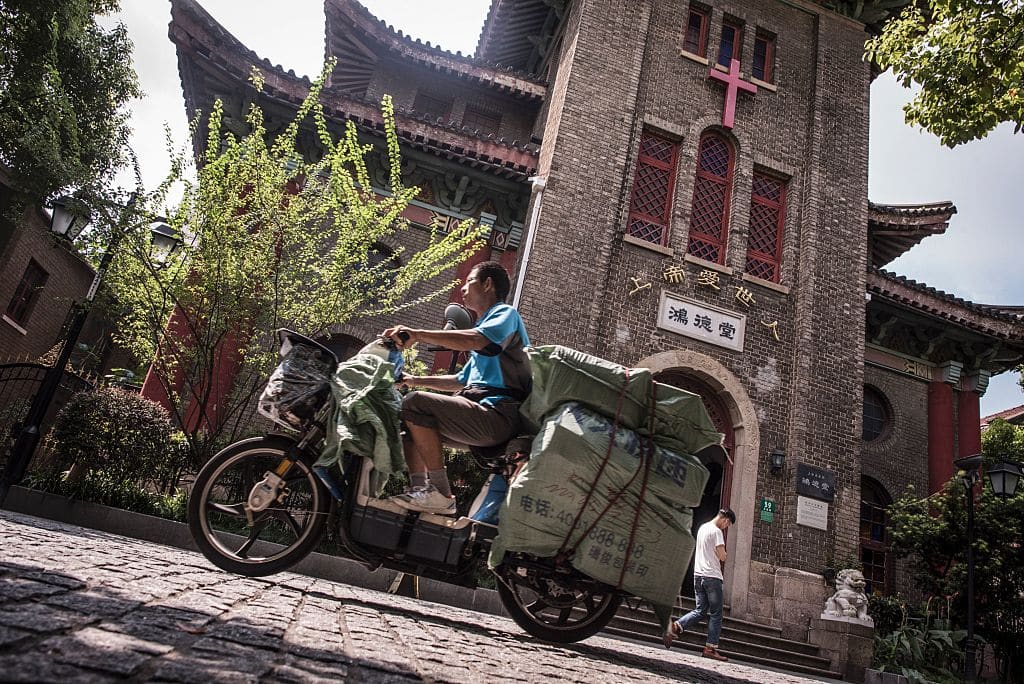


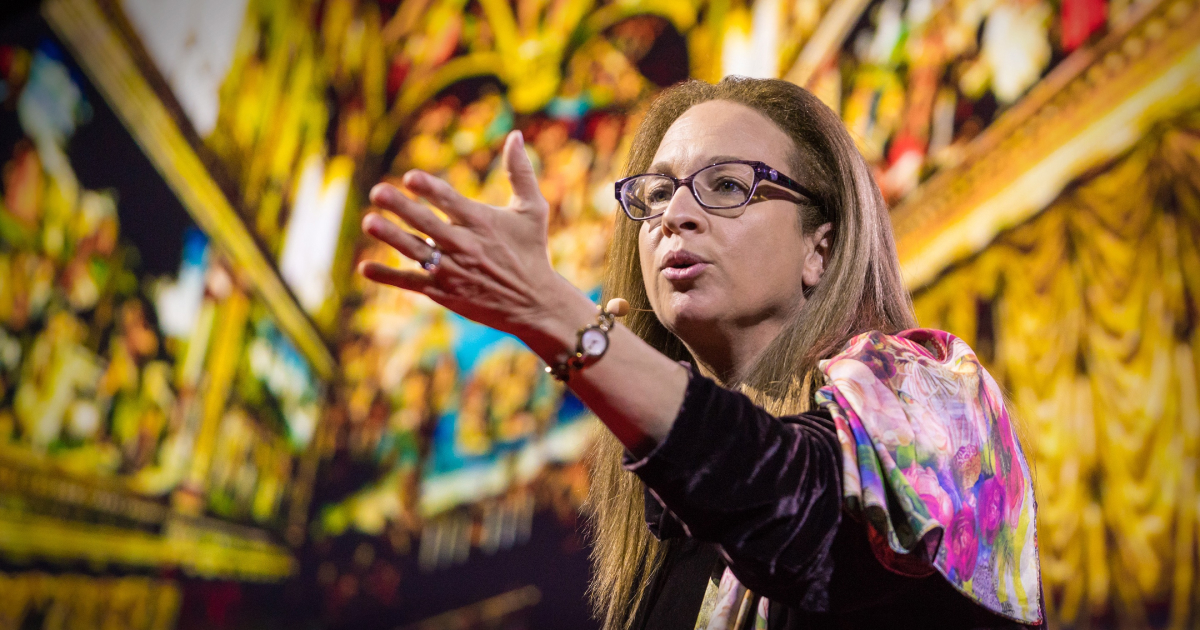
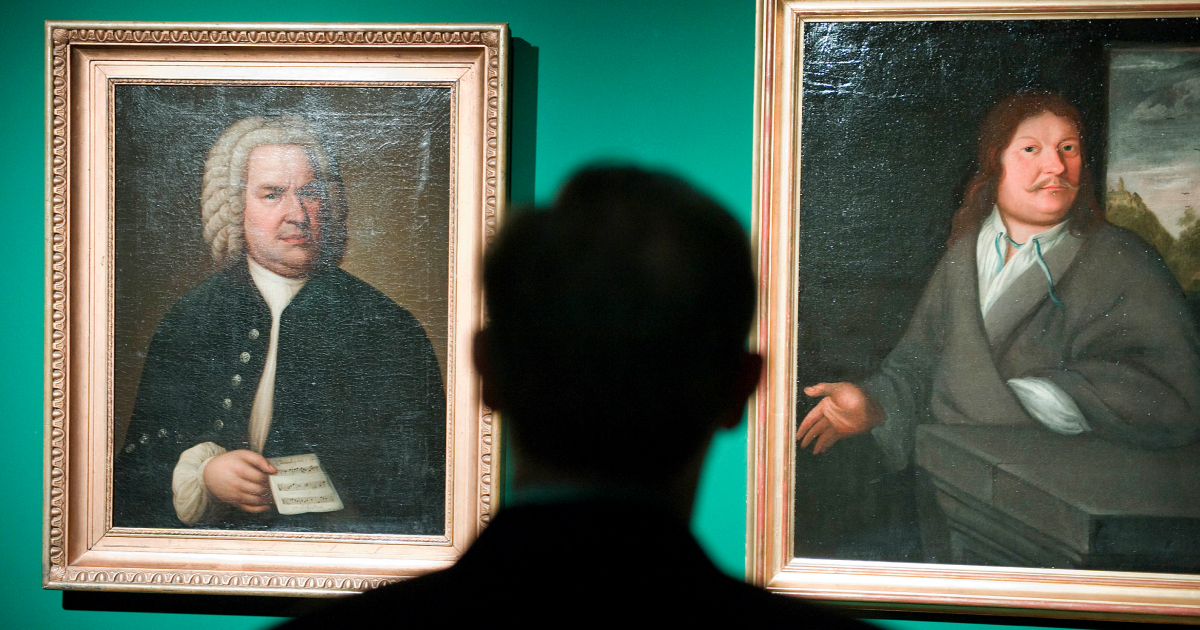
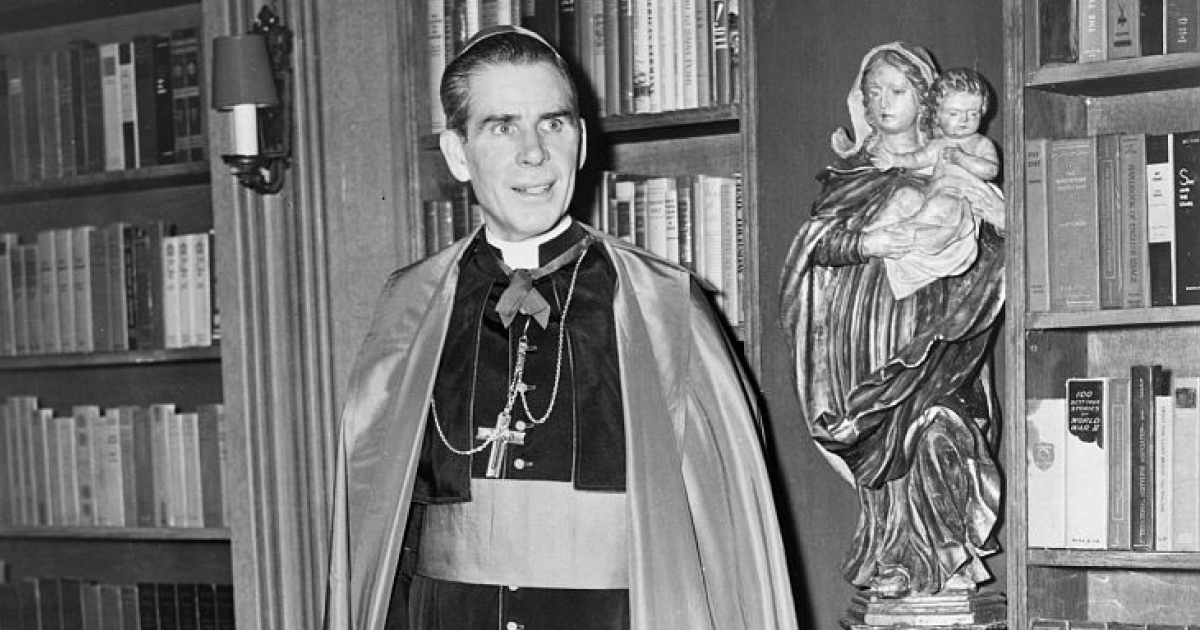
.jpg)

